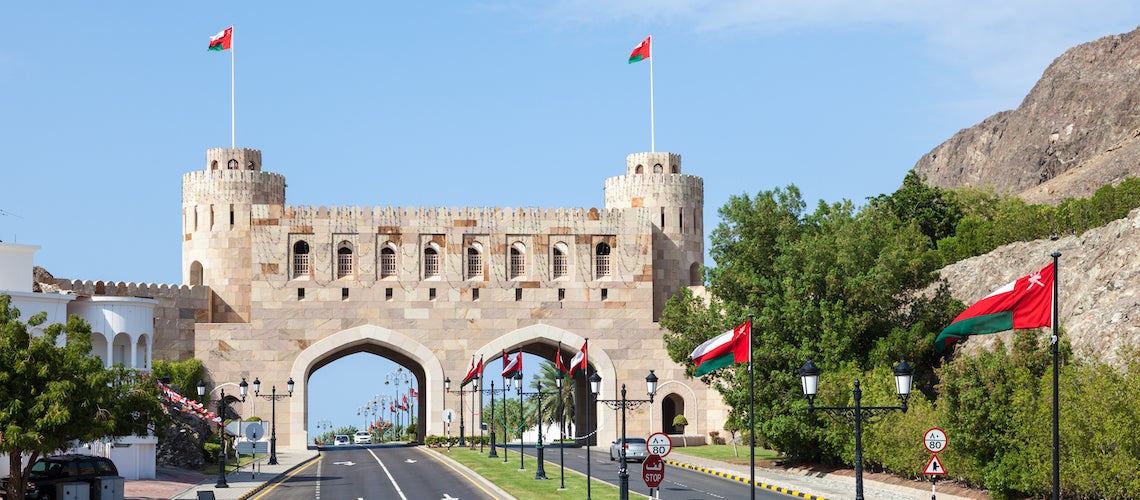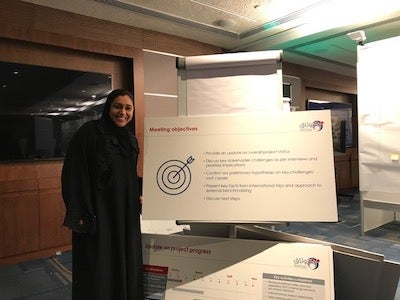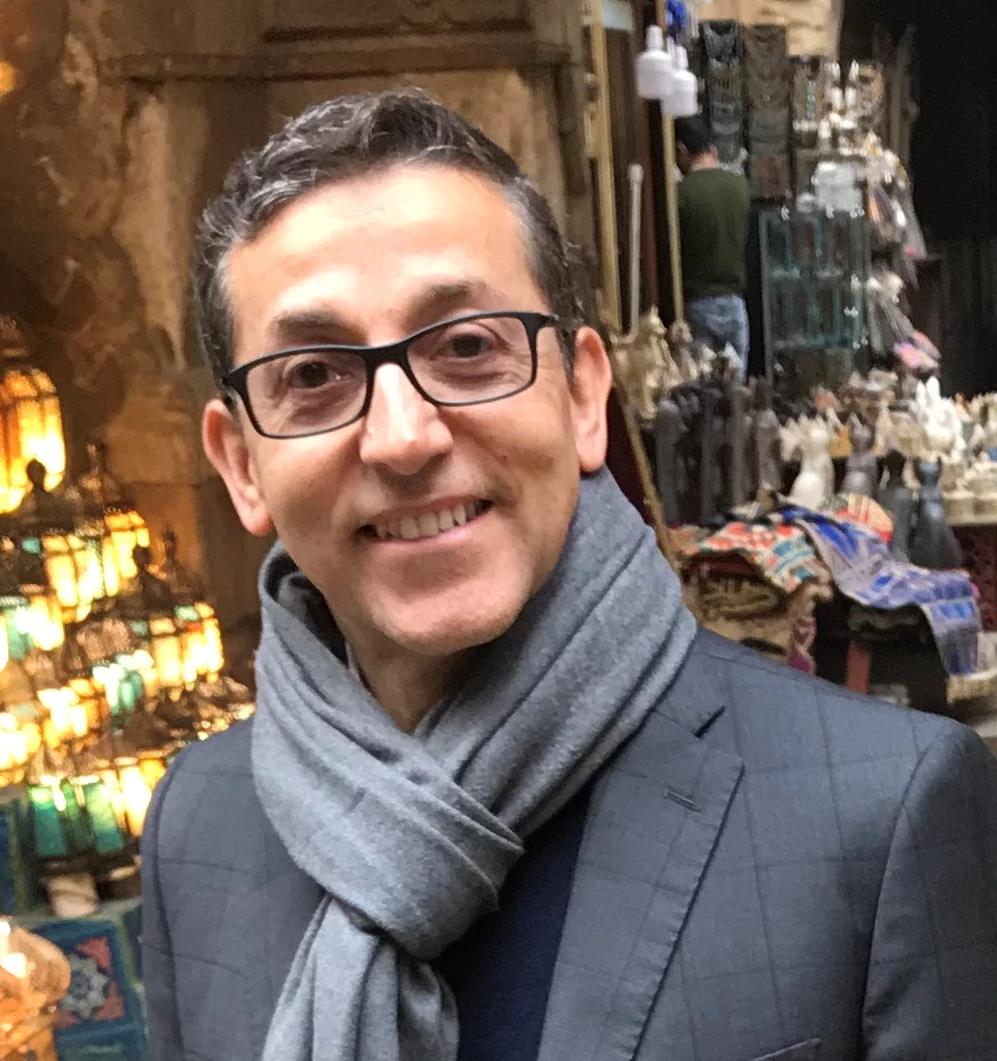 Oman, like many countries, struggled with overseeing a large number of inefficient public enterprises in various sectors.
Oman, like many countries, struggled with overseeing a large number of inefficient public enterprises in various sectors.
I was recently invited to Muscat to witness firsthand how the government is taking a new approach to public enterprise reform. Oman, like many countries, struggled with overseeing a large number of inefficient public enterprises in various sectors. Enterprises active in the oil and gas sector made a healthy profit while others continued to make significant losses. Oman’s solution: adopt an inclusive approach bringing together selected stakeholders to brainstorm for two months and come up with a roadmap for tackling the major issues.
Creating Holding Companies to Oversee Sectors and Setting the Strategic Direction
Keeping track of almost 80 different enterprises was always going to be a challenging task. To simplify its oversight role, the Ministry of Finance (MoF) grouped them into six sectors (oil & gas, tourism, utilities, food & agriculture, aviation, logistics etc.) each headed by a parent holding company. This allowed MoF to better oversee public enterprises and hold them accountable for performance. It also allowed the holding companies to overcome coordination issues in the sector. But alone, these measures were not enough.
The next step was to work with the six holding companies to create a consolidated strategy for improvement. Nasser Al-Harthy, Director General of Investment at the MoF took up the challenge and project “Wethaq” (meaning bond in Arabic) was born. Intending to reset the relationship between the Ministry, the public enterprises and their respective line ministries, project Wethaq adopted an inclusive approach from the start, bringing together a 20-person team recruited from the six holding companies alongside selected members of the MOF. Breaking with tradition the project also adopted an ambitious two-month timeline.
Breaking Down the Silos: Backing An Inclusive Process
Dispensing with the usual armies of consultants, the project relied on home-grown talent from the enterprises themselves. Each team member was asked to lay aside their institutional loyalties, approach the exercise with objectivity and work in a single open plan office. In place of their traditional business cards each team member was given a branded name badge announcing their new allegiance to project Wethaq. Although primarily a team building exercise, there was still plenty of space for individuals to shine through initiatives such as "Hero of the Week" that recognized particular dedication, commitment or outstanding innovation.
Developing the Analysis: Thinking Through the Issues
During a three-week data-gathering phase, the team reviewed hundreds of documents and engaged the CEOs of the holding companies through interviews and stakeholder workshops - a process that was vital in securing their support.
Lastly, the team searched outside of Oman for potential solutions, undertaking study visits to Thailand and Singapore for inspiration. The independence and professionalization of the Boards in Thailand was noted as was Singapore’s practice of appointing internationally recognized expatriate board members providing additional independence from political pressures.
What Can We Learn From Oman’s Process?
Oman’s approach was unique in that it was inclusive, timely, and homegrown. Dispensing with the traditional top-down approach brought stakeholders together and emphasized collaboration and ownership. Bringing the team together in a single location helped promote a new identity and new ways of doing business.
A clear timeline and an imposing electronic countdown “clock”, with associated deliverables helped focus and energize the teams.
High-performing Omanis, rather than a team of international consultants, also embodied its own advantages. More than any other group, they had the intimate knowledge of the challenges of the SOEs in which they worked, as well as a deep understanding of the cultural and political context in which their companies operated.
What's Next?
Oman is off to a good start, the inclusive and collaborative approach has many parallels to the Rapid Results Approach, an international best practice often championed by the World Bank Group.1 As the planning stage comes to an end, it will be important for the MoF to find solutions to the four most intractable challenges: (i) financial – stemming the losses, (ii) governance – follow best international practices and have clear roles and responsibility of stakeholders, (iii) coordination – overcoming the fragmented ownership and, (iv) private sector participation – moving towards privatization and PPP.
Tackling these issues requires significant political will. Whether Oman continues to show the political resolve to achieve the promise of project Wethaq remains an open question, but the current indicators are positive.




Join the Conversation